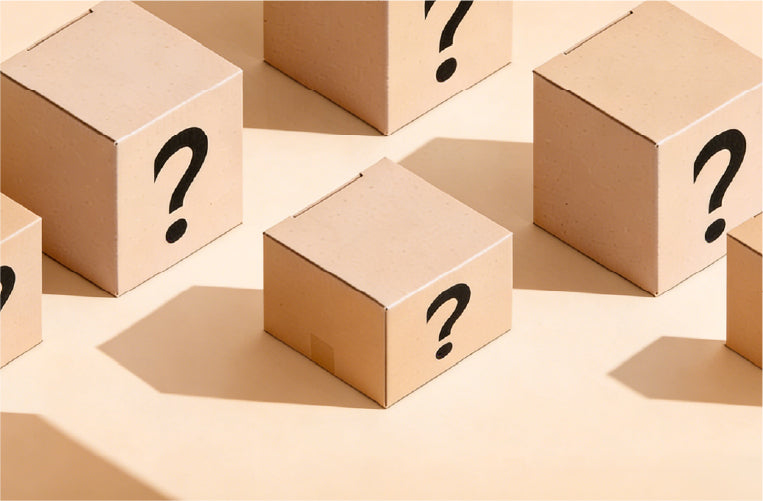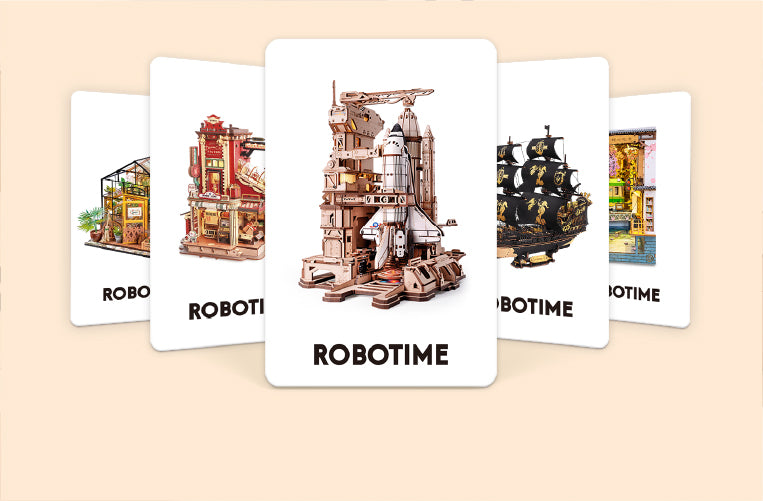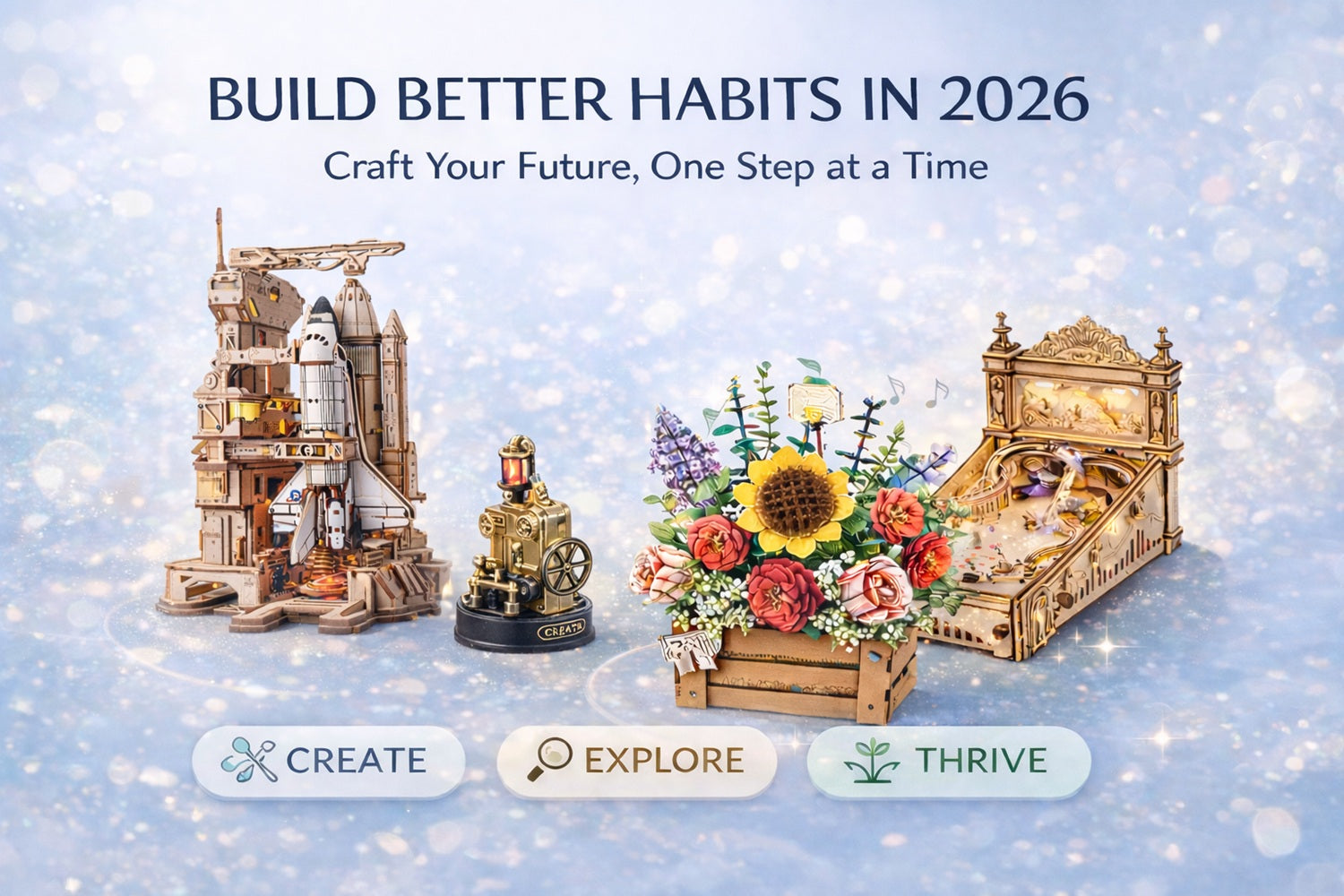
Puzzles are not just fun; they play a crucial role in keeping your brain active. Research indicates that older adults who regularly solve crossword puzzles or similar games can postpone dementia by approximately 2.5 years. These puzzle-solving activities act as a workout for your brain, strengthening it like a mental library. By incorporating puzzles into your routine, you can improve memory, enhance focus, and even boost happiness. They are an effective and enjoyable way to combat dementia and stay mentally sharp.
Cognitive Benefits of Puzzles for Dementia Patients
Boosting memory and recall through puzzles
Puzzles are great for improving memory. They make your brain remember shapes, patterns, or words, which strengthens memory over time. For people with dementia, this mental workout is very helpful. Puzzles act like a memory jogger, helping them recall things they might forget.
A study called "THE EFFECT OF THE JIGSAWDIO PROGRAM ON COGNITION AMONG OLDER ADULTS WITH DEMENTIA" showed this benefit. Over six weeks, participants worked on jigsaw puzzles. Their cognitive skills were tested using the Montreal Cognitive Assessment (MoCA). Results showed their scores improved a lot, proving puzzles help memory and thinking skills.
If you care for someone with dementia, try giving them puzzles. It’s a simple way to keep their brain active and engaged.
Enhancing focus and problem-solving abilities
Have you noticed how puzzles make you pay attention? Whether it’s finding the right jigsaw piece or solving a crossword, puzzles need focus. For dementia patients, this helps improve attention and problem-solving skills.
Here’s how puzzles help:
-
Word games and puzzles keep the brain active and improve memory.
-
They help create new brain cells, slowing down memory loss.
-
Jigsaw puzzles improve spatial skills, while crosswords and Sudoku boost vocabulary and logic.
These benefits are important for older adults with memory problems. Solving puzzles not only improves focus but also gives a sense of achievement. This can really boost their confidence!

Emotional benefits: Reducing stress and promoting happiness
Puzzles don’t just help the brain—they also lift your mood. Solving puzzles can be relaxing, lowering stress and making you happier. For dementia patients, this emotional boost is just as important as the mental benefits.
When working on a puzzle, you focus deeply on the task. This can calm anxiety and bring peace. For dementia patients, this soothing effect is very helpful during tough moments.
Puzzles also give a sense of success. Finishing even a small puzzle can bring joy and build confidence. These little wins can brighten their day.
Tip: Work on puzzles together with your loved one. It’s a fun way to bond and support their emotional health.
Types of Puzzles to Prevent Dementia and Support Cognitive Health
Easy jigsaw puzzles: Examples from Robotime's collection
Jigsaw puzzles are great for keeping the brain active. They are fun and simple, making them ideal for dementia patients. Robotime offers puzzles with big pieces and bright designs. These features make them easier to use and more enjoyable.
Solving jigsaw puzzles helps the brain match shapes and colors. This improves memory and spatial skills. For people with dementia, puzzles can be calming and rewarding. Completing one also boosts confidence and brings happiness.
Robotime’s beginner puzzles are a good place to start. They are made to be easy and fun for everyone.
3D wooden puzzles: Interactive options for family engagement
3D wooden puzzles add extra fun by letting you build things. These puzzles encourage teamwork and creativity, making them perfect for families.
A study by Levine et al. (2012) showed that interactive puzzles improve family bonding. Working together on these puzzles helps families talk and share special moments. They also improve thinking and problem-solving skills.
There are many types of 3D wooden puzzles for different skill levels. You can build cars, houses, or other models. These puzzles are hands-on, fun, and good for the brain.
Word puzzles and other simple brain games
Word puzzles and brain games are great for keeping the mind sharp. Crosswords, word searches, and Sudoku challenge the brain in different ways. They help improve focus, memory, and reasoning.
Here’s how different games help dementia patients:
|
Activity Type |
Benefit Description |
Risk Reduction Percentage |
|
Board Games |
Players have less memory loss and feel less depressed. |
|
|
Word Puzzles |
Regular play improves focus, thinking, and memory. |
N/A |
|
Crossword Puzzles |
Showed small memory improvements compared to computer games. |
N/A |
Word puzzles are easy to add to daily life. You can solve them with your loved one or let them do it alone. These games are simple but very helpful for brain health.
Things to think about: Puzzle difficulty, personal touch, and ease of use
Picking puzzles for someone with dementia needs careful thought. The right choice can make the activity fun and rewarding.
-
Difficulty Level: Match the puzzle to their thinking skills. A 500-piece puzzle might suit someone in early dementia stages. For advanced cases, pick puzzles with fewer pieces. The puzzle should be challenging but not too hard.
-
Personalization: Choose puzzles that match their likes. Do they enjoy animals, gardening, or hobbies? Puzzles with familiar themes can feel special. You can even make puzzles from family photos or favorite places. This adds a personal and happy touch.
-
Accessibility: Think about their physical and visual needs. Big, bright pieces are easier to see and hold. Look for puzzles made for seniors or people with dementia. These often have simple designs and strong pieces.
Tip: Unsure where to begin? Start with a puzzle that has bold colors and fewer pieces. Adjust based on how they react.
By considering these points, puzzles can be both fun and helpful. It’s not just about solving—it’s about sharing joy and small successes.

Practical Tips for Using Puzzles with Dementia Patients
Setting up a calm and focused space
When using puzzles with dementia patients, the setting matters a lot. A quiet and tidy area helps them stay focused and enjoy the activity. Reduce distractions like loud sounds or clutter to create a peaceful space.
Here’s why this is important: a calm environment improves memory care and makes activities more enjoyable. For example, a cozy corner with good lighting and comfy chairs can make a big difference.
Group puzzles also bring emotional benefits. They help people connect and feel less lonely. Doing puzzles with family or caregivers adds joy and purpose. It’s not just about solving puzzles—it’s about spending time together.
Tip: Keep the area simple and welcoming. Add familiar items or soft music to make it feel safe and relaxing.
Picking puzzles that fit their skills and interests
Choosing the right puzzle keeps dementia patients interested and happy. Start with easy puzzles, like ones with fewer pieces or simple brain games.
Here’s how to pick the best puzzles:
-
Choose puzzles that challenge them but aren’t too hard.
-
Watch how they react to see if they’re enjoying it.
-
Change the difficulty as their needs change over time.
Personalizing puzzles makes them more special. Ask about their hobbies or favorite things. If they like flowers, try puzzles with flower pictures. Familiar themes make the activity more fun and meaningful.
Note: As dementia gets worse, focus on having fun, not finishing. The goal is to create happy moments, not perfect results.
Doing puzzles together to build connection
Working on puzzles together is a great way to bond. It’s not just about solving—it’s about sharing happy moments. When you do puzzles with them, it shows they are loved and supported.
This shared activity also helps their mood. Finishing a puzzle together gives them pride and happiness. It’s a simple way to help their brain while growing closer.
Interactive puzzles, like 3D wooden ones, are great for families. They encourage teamwork and fun conversations. You can talk about the puzzle’s theme or share related memories. These moments strengthen your bond and make the activity more special.
Tip: Pick puzzles that are easy to hold and colorful. Bright designs and big pieces make it easier for dementia patients to join in.

Adding puzzles to daily life for better mental health
Including puzzles in everyday activities can really help dementia patients. Doing puzzles daily gives them a routine and something familiar. This regular habit keeps their mind active, which is important to slow memory loss.
You might ask why puzzles every day are so helpful. The answer is simple: using the brain often improves memory and thinking. Studies show that doing puzzles regularly can delay memory problems by up to six +months for those with mild-to-moderate dementia. It’s not just about keeping busy—it’s about helping the brain grow stronger over time.
Start small to make puzzles a daily habit. Pick a time when they feel awake, like after breakfast or in the afternoon. Set up a quiet, well-lit space with no distractions. Choose puzzles that match their skills and interests, like jigsaw puzzles, word searches, or other fun games.
Here are some ideas to make it enjoyable:
-
Try different puzzles: Switch between types to keep it exciting. One day, do a jigsaw puzzle; another day, try crosswords or Sudoku.
-
Set small goals: Focus on finishing parts of a puzzle instead of the whole thing. This makes it fun and stress-free.
-
Celebrate wins: Cheer them on when they finish a puzzle or make progress. Encouragement boosts their mood and confidence.
Being consistent doesn’t mean being strict. If they don’t feel like doing puzzles one day, that’s okay. Encourage them to try again later. The goal is to make puzzles fun and positive, not a task they dread.

Adding puzzles to daily life helps their brain and creates happy moments. Whether solving a crossword together or building a 3D puzzle as a family, these activities bring joy and strengthen bonds.
Tip: Keep different puzzles ready for various moods and energy levels. Having choices makes the activity more fun and engaging.
Puzzles are a great way to help dementia patients stay sharp. They bring mental, emotional, and social benefits that improve their well-being. For instance, solving puzzles helps with thinking, lifts mood, and builds connections. These activities may even slow down Alzheimer’s and dementia.
Here’s how puzzles can help:
|
Benefit Type |
What It Does |
|
Brain Boost |
Puzzles improve thinking and problem-solving, slowing memory loss. |
|
Emotional Lift |
Finishing puzzles makes people feel proud and happy. |
|
Social Fun |
Doing puzzles in groups helps people connect and feel less lonely. |
|
Easy to Adjust |
Puzzles can match different skill levels for all dementia stages. |
|
Life Enhancer |
Adding puzzles to routines makes life better for dementia patients. |
Picking the right puzzles, like Robotime’s jigsaw or 3D wooden ones, is key. These games are simple but fun, keeping older adults engaged and thinking. By creating a calm space and using puzzles daily, you can bring happiness and special moments to your loved ones.
FAQ
What types of puzzles are best for dementia patients?
Easy puzzles like jigsaw puzzles with big pieces, word searches, or 3D wooden puzzles are great. Pick puzzles that match their hobbies and skills. Bright colors or familiar pictures make puzzles more fun and interesting.
How often should dementia patients do puzzles?
Doing puzzles every day is best. Even 15-20 minutes daily helps keep their brain active. Make it part of their routine at a time when they feel awake and focused.
Can puzzles really slow down dementia?
Yes! Research shows puzzles can slow memory loss and help thinking skills. They exercise the brain and build new connections. While puzzles don’t cure dementia, they can delay its effects and improve life.
What if the patient gets frustrated with puzzles?
Start with simple puzzles and encourage them. Focus on enjoying the activity, not finishing it. If they get upset, take a break or try something easier. The goal is to keep it fun and stress-free.
Are puzzles a good way to bond with dementia patients?
Yes! Doing puzzles together helps you connect and share happy moments. It’s a chance to talk, laugh, and make memories. Interactive puzzles, like 3D ones, are great for family fun.
Tip: Always pick puzzles that match their abilities to keep the activity enjoyable and rewarding.
Robotime is a creative lifestyle company dedicated to designing and developing 3D puzzles, toys, and wooden handicrafts. Subscribe to learn more.



















Leave a comment
This site is protected by hCaptcha and the hCaptcha Privacy Policy and Terms of Service apply.